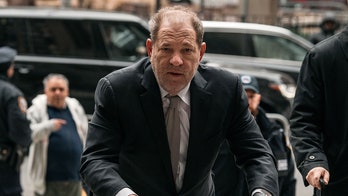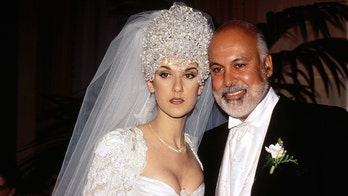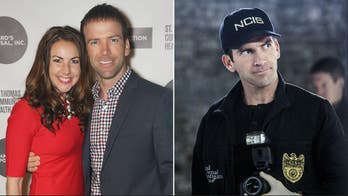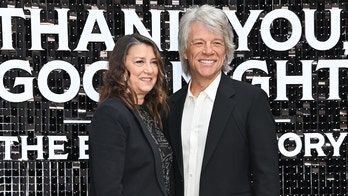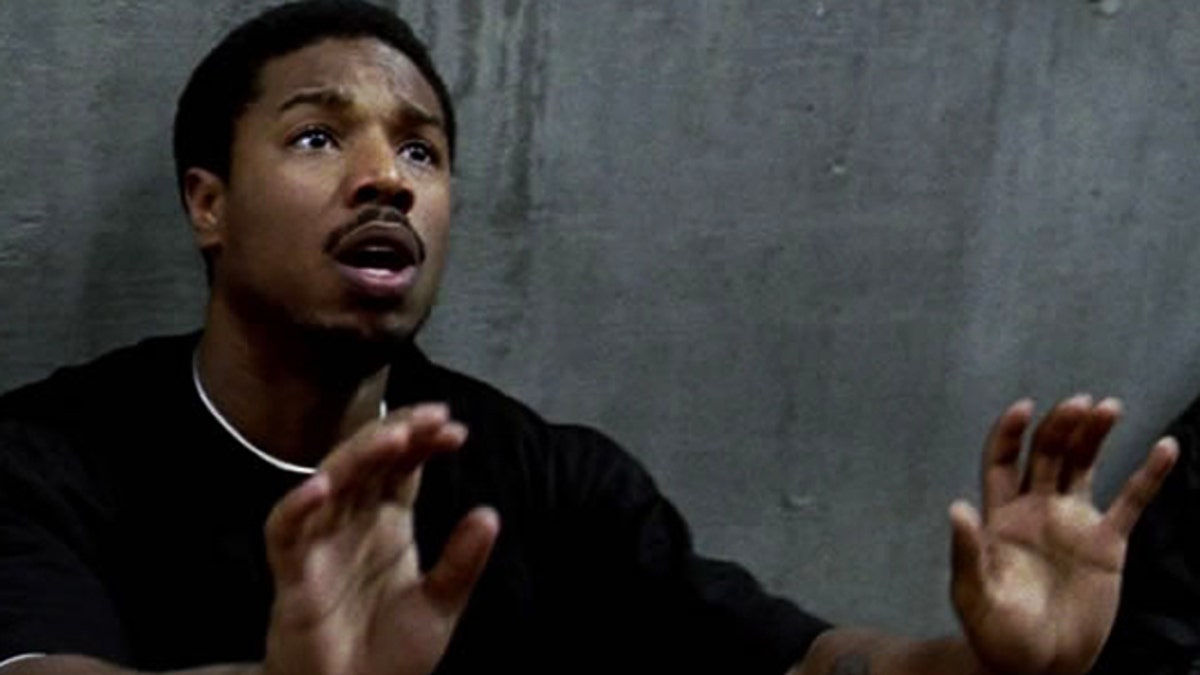
LOS ANGELES – First time writer/director Ryan Coogler’s independent drama “Fruitvale Station” opens for a limited theatrical release Friday, coinciding with the closing arguments of the George Zimmerman trial.
The highly-anticipated film, which won top jury and audience prizes at the Sundance Film Festival this year, is based on the true life tale of the hours leading up to the death of 22-year-old black Oakland man Oscar Grant, who was shot dead by a BART police officer on New Year’s 2009 despite being unarmed and having committed no crime. The transit officer who shot Grant claimed was convicted of involuntary manslaughter, which sparked riots in the Bay area, which some fear could be repeated depending on the Zimmerman verdict.
The Zimmerman trial has indeed become a promotional point for the film. A marketing photo uploaded to the movie’s Facebook page features a still image from the film of actor Michael B. Jordan, who plays Grant, illuminated with a quote from Coogler:
“Anytime someone’s life is lost and there’s an inkling of politics involved, that person is not around to defend himself and his character gets pulled in different directions depending on what side of the fence you sit on," the quote reads. "We saw it happen with Trayvon Martin, and it shows no signs of slowing down.”
According to TheWrap, TV ads for “Fruitvale Station” also aired this week during coverage of the Zimmerman trial, although the official marketing campaign developed by its studio the Weinstein Company does not made specific mention of Martin’s death. A rep for the studio told the entertainment publication that their ad buy was not necessarily intended to connect with trial coverage, but to reach a crossover audience including cable news. The film was also written prior to Trayvon Martin’s killing, but the teen's death was a top news story as “Fruitvale Station” started filming in Oakland, Calif.
So is the apparent linking of Coogler's fiml to the Martin shooting and Zimmerman trial in poor taste? Some think so.
“It’s absolutely inappropriate and morally wrong to use a high profile case to create publicity and buzz about a movie release. But capitalize on political bias and a high profile case together, and Hollywood thrives on it,” entertainment and political publicist, Angie Meyer, told FOX411’s Pop Tarts column.
Dan Gainor, VP of Business and Culture at the Media Research Center, said Coogler’s comments are an attempt to pre-judge the trial.
“Hollywood only believes a person is innocent if they are liberal or one of the many approved minority groups," he said. “Of course, the trailer includes the classic movie get-out-of-jail-free line: ‘based on a true story.’ That means they can make up as much as they want and then sell it to the public as truth.”
The film’s stars have also drawn likenesses between this based-on-real-life story and that of Trayvon Martin while on the promotional circuit.
“There are so many things that happen like this all the time, the Trayvon Martin thing had just happened,” co-star Melonie Diaz said in response to a question from BlackTreeTV about why she wanted to be part of the film after initially reading the script. “I always wished I was more political, but I’m not. So this was a great chance to exercise my voice and be part of a movement because these things do matter. I just didn’t know how to involve myself.”
Much of the press coverage surrounding the critically-acclaimed movie has also drawn correlations between its story and Martin's shooting.
“As the film hits theaters, the Trayvon Martin case is continuing to play out on cable news,” noted a review in the L.A Times which called the similarities in the overall circumstances “unmistakable.” “Audiences who come out to see the film will ride down a kind of two-way street of fact-based moviegoing. ‘Fruitvale’ might help them understand the Martin case. Or the Martin case might make them yearn to learn more about the events described in ‘Fruitvale.’”
A New York Times article on the film also noted that the Grant incident “incited protest, unrest and arguments similar to those that would swirl around the killing of Trayvon Martin in Florida a few years later. The deaths of these and other African-American young men touch some of the rawest nerves in the body politic.”
The Weinstein Company did not respond to a request for comment.
